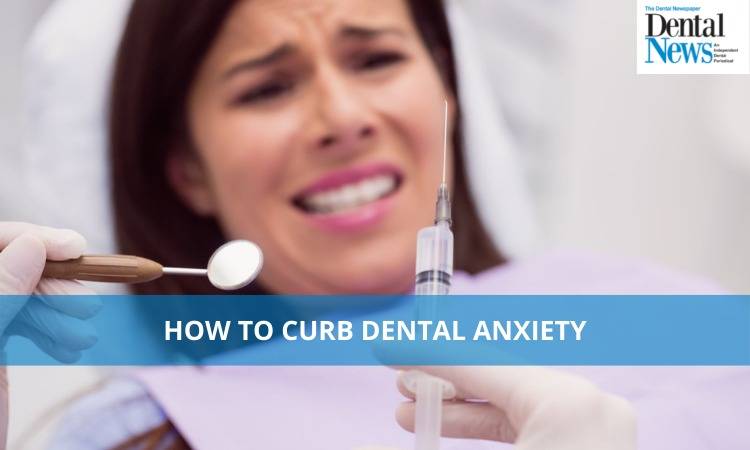
Dental anxiety is as natural as it can get. The fear of the unknown tends to appear in one form or another. Not to mention the environment and the dental tools, which can ultimately trigger your anxiety.
Dental anxiety has been present for as long as one can remember. Regardless, it can delay the dental treatment or avoid dental appointments altogether.
While one can never be too prepared for a dental appointment, counteracting measures to prevent dental anxiety are necessary. In such instances, both the patient and their dentist can feel at ease, making it a smooth journey towards a beautiful smile.
Signs and Symptoms of Dental Anxiety
Some of the most common signs and symptoms include,
● Low blood pressure
● Sweating
● Palpitations
● The distress of signs of panic
Causes of Dental Anxiety
While there can be multiple factors involved in an episode of dental anxiety. Some of the most common factors can include
● Previous traumatic experience with the dentist
● Generalized anxiety or depression
● Fear of the unknown
● Fear of loss of control
● Trust issues
● Fear of needles and instruments
The origin of fear can vary from patient to patient. Hence, it is essential to identify your fears and share them with your dentist or other healthcare professionals.
If you experience dental anxiety or phobia, here are some tips to ensure you maintain your oral health and receive comfortable dental care.
1. Manage Your Breathing
Deep breathing or conscious meditation can do wonders to manage an episode of anxiety. Meanwhile, to calm your nerves, you must regulate your breathing. Fear and anxiety tend to irregulate our breathing patterns resulting in poor oxygen supply to the brain. This can ultimately lead to agitation, dizziness or sometimes even loss of consciousness.
2. A Familiar Face Always Helps
A friendly face is always better than a strange one. Meeting someone new can unintentionally trigger anxiety leading to nervousness. If you plan to visit a dentist, look for someone you already know. In case you need to find someone new, visit them once or twice for initial consultation beforehand; lengthy treatments always come in handy.
3. Be Aware
Being aware of your surroundings helps keep you put in the present situation. Meanwhile, any extra amount of pain during dental treatments is a big 'NO'. Make sure to inform your dentist if you feel sharp pain during dental treatment.
4. Ask Questions
Knowing everything beforehand can put your mind at ease as the dentist proceeds through the procedure. If the situation allows, ask the dentist to provide you with visual support for the dental treatments. So, you can get a first-hand experience of what is going on in your mouth. Ask your dentist about different treatments and try to gain basic knowledge so you are not alarmed when your dentist pokes and prods around in your mouth.
5. Distract Yourself
Distract yourself with your favourite music, or opt for your favourite season to watch on screen if the dental setting allows you to. Distractions can help put your mind at ease while dentists do their job.
6. In the Worst-Case Scenario, Go For Medication
While medication must be your last resort to curb dental anxiety, it sure can do the trick in instances where you have tried everything. However, taking the medication without consulting your doctor is not advised. Make sure to ask your doctor to write you a prescription to prevent any side effects.
While anxiety or fear before a visit to your dentist is normal, it cannot be the reason behind the refusal of treatment or the neglect of oral health. Therefore, opt for some of our tips mentioned above and tricks to relax during your treatment.
For a dental visit shall only be daunting as long as you let it be.

Dr Rida Qamar
The author is contributing writer at Dental News Pakistan and can be reached at Ridaqamar100@gmail.com

